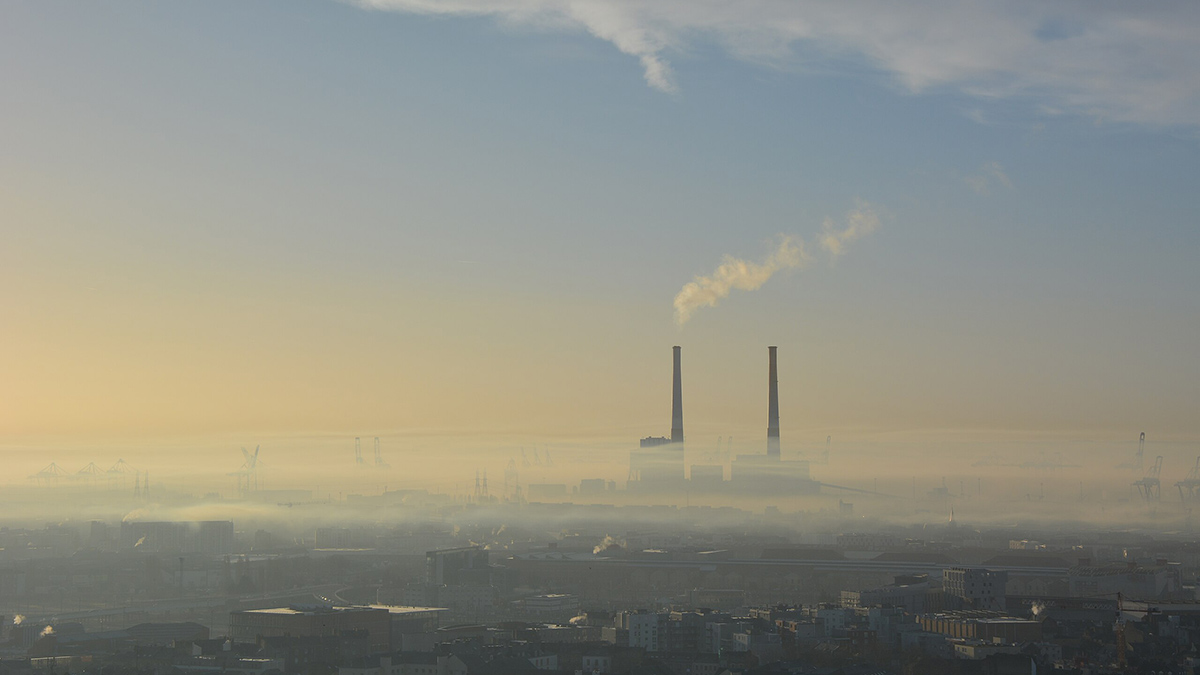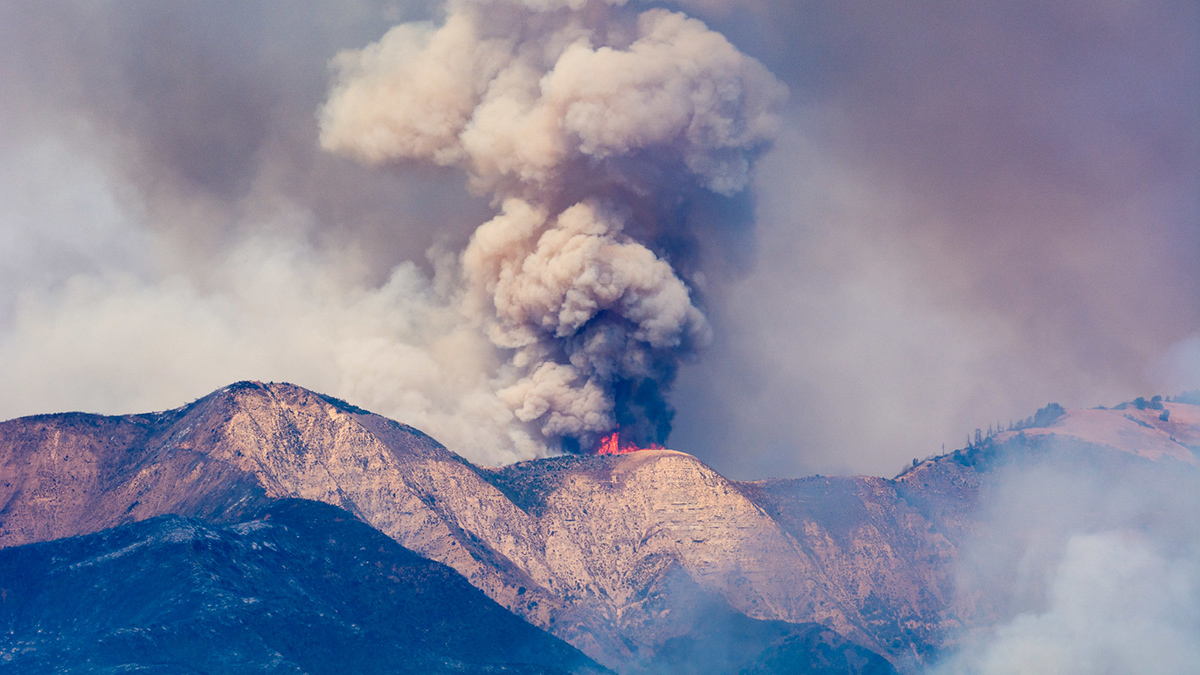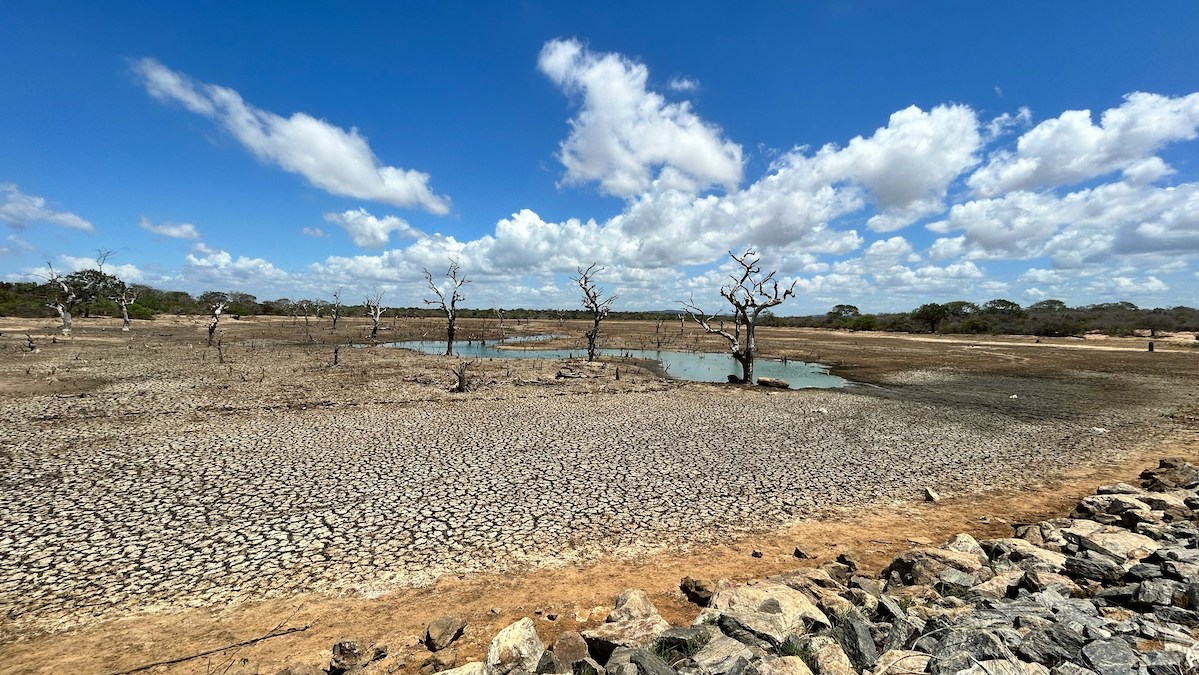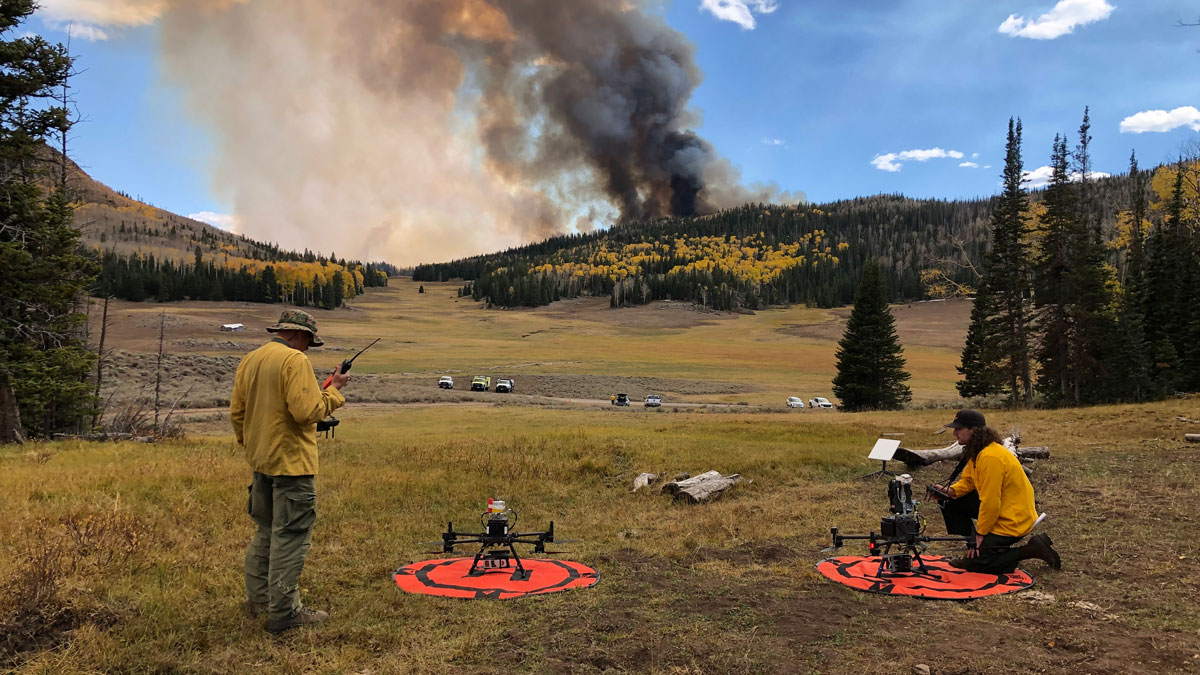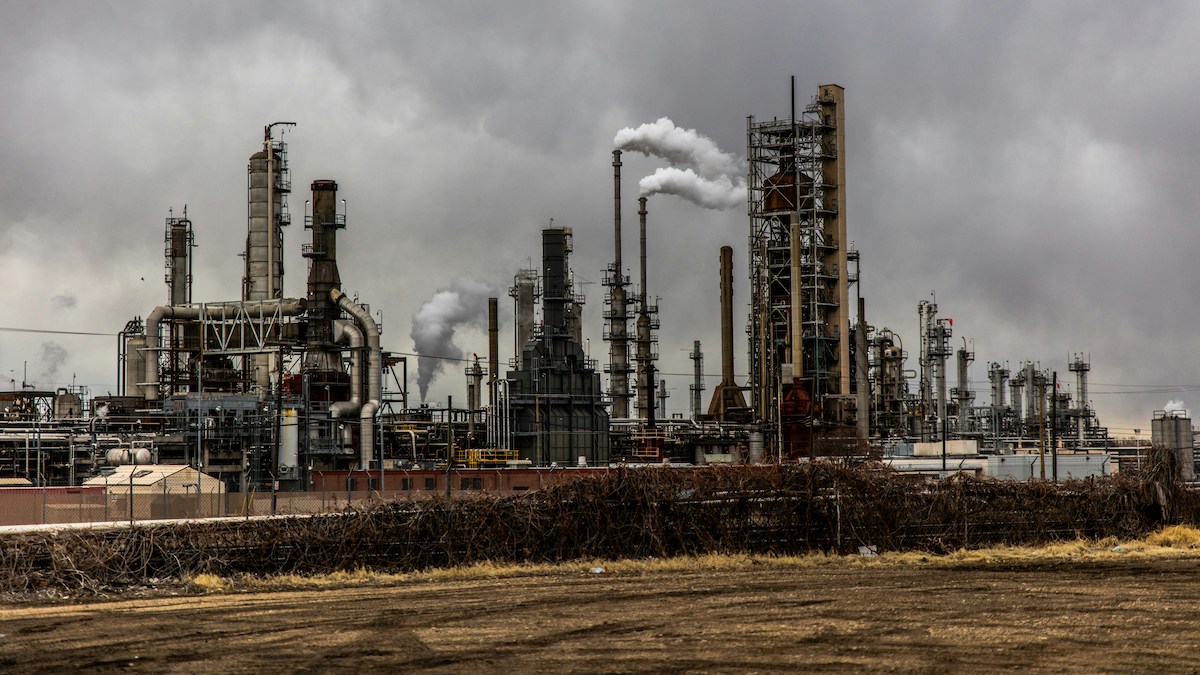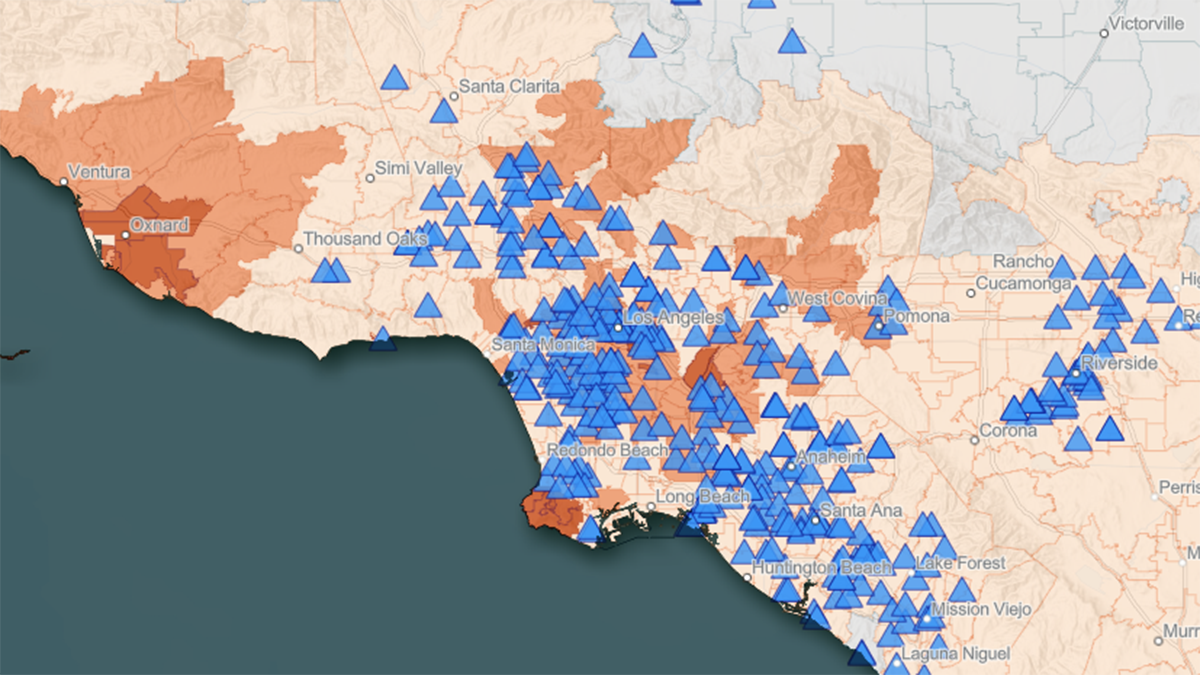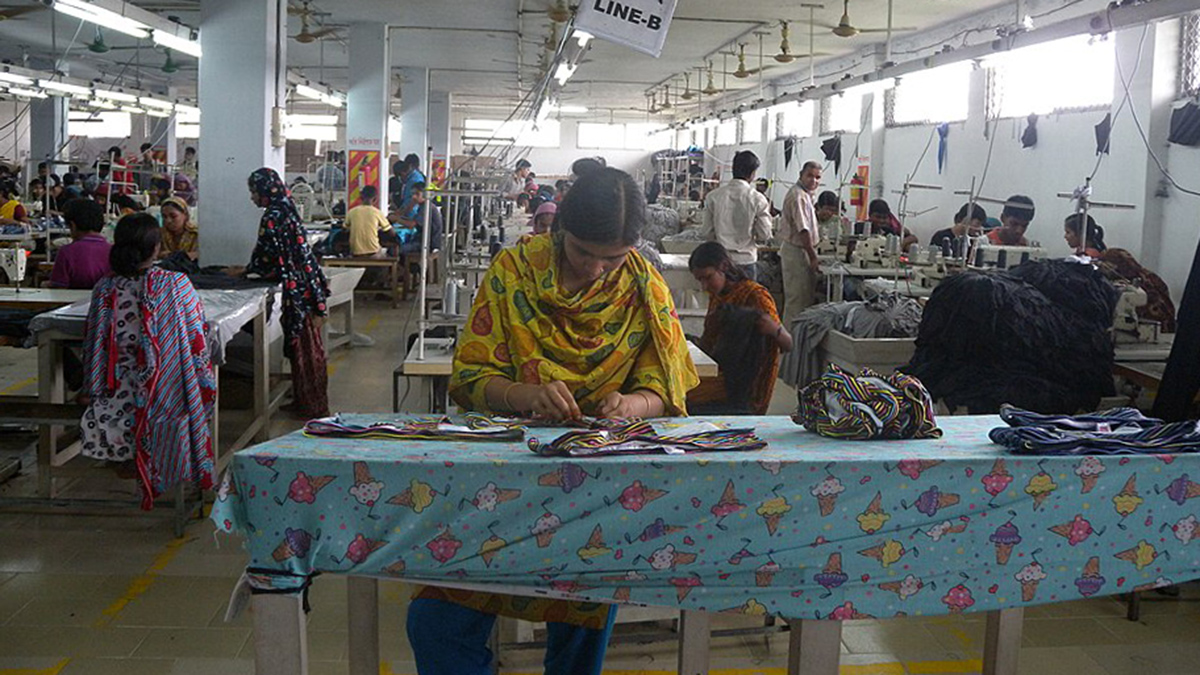Future astronauts need efficient, durable, and trustworthy closed-loop systems to provide water for missions lasting months to years.
geohealth
Which Countries Are Paying the Highest Price for Particulate Air Pollution?
Reducing the effects of air pollution requires estimations of where it costs the most—in both money and lives.
Wildfire Smoke Linked to 17,000 Strokes Annually in the United States
A study of 25 million Medicare participants adds to a body of evidence suggesting that prolonged exposure to wildfire smoke is more harmful to human health than other forms of air pollution.
We Are “Living Beyond Our Hydrological Means,” UN Report Warns
Humanity has overspent and depleted freshwater in the world’s aquifers, glaciers, wetlands, and other natural reservoirs to an irreversible degree, according to a new United Nations report.
Fungal Spores in Wildfire Smoke Could Cause Lung Disease
Mice exposed to fungi spready by wildfires developed symptoms, exposing a potential health hazard to humans that has been understudied.
City Dwellers Face Unequal Heat Exposure En Route to the Metro
Socioeconomic factors drive how much extreme heat public transit users in Chicago, NYC, and Washington, D.C., experience as they walk to and from metro stations.
California Schools Are Feeling the Heat
Even though trees help keep children safe from the Sun, some school districts have lost 25% of their tree canopy in just 4 years.
EPA to Abandon Stricter PM2.5 Air Pollution Limits
The U.S. Environmental Protection Agency moved this week to reduce limits on fine particulate air pollution, including soot, set by the Biden administration last year.
New Tool Maps the Overlap of Heat and Health in California
CalHeatScore creates heat wave warnings for every zip code in California, using temperature data, socioeconomic indicators, and the history of emergency room visits, to predict heat-related health risk.
Garment Factories Are Heating Up. Here’s How Workers Can Stay Cool
The solutions are simple, but economic barriers remain high.


